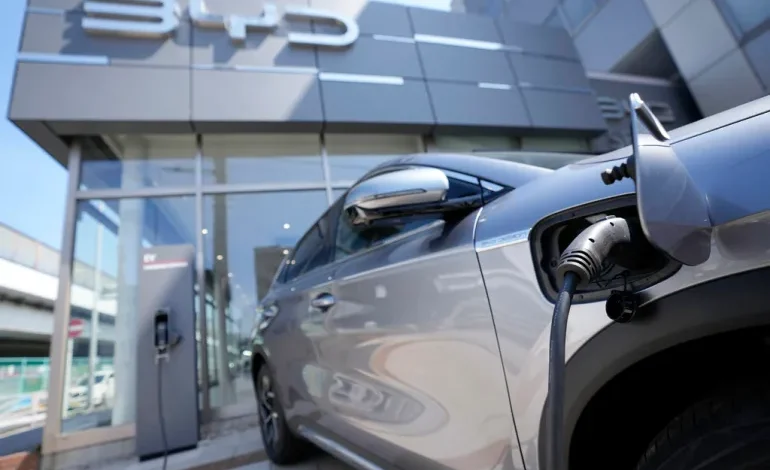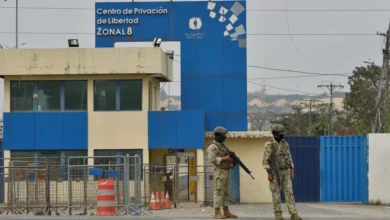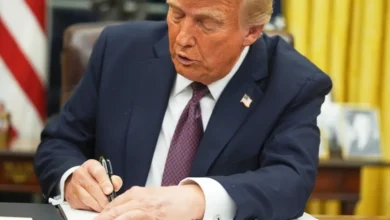China makes a big bet on electric vehicles with Brazil investment

Stella Li stood in front of a packed stage, banging a brightly decorated drum to a samba-reggae rhythm.
Moments earlier, Li, global vice president of the world’s largest electronic vehicle manufacturer, BYD, had announced that the Shenzhen-headquartered Chinese company would open an industrial complex in Brazil’s northeastern state Bahia.“Our dream is to build Bahia state as a centre of innovation and high technology,” she said at an event in early July.
BYD plans to invest 3 billion Brazilian reals ($600m) to generate more than 5,000 jobs and produce electric and hybrid cars, as well as electric buses and trucks, in Camacari near Bahia’s capital, Salvador.
The plan marks a political victory for the government of Brazilian President Luiz Ignacio Lula da Silva, himself a former metalworker, who hopes to “reindustrialise Brazil” with support from China.
Last year, another Chinese manufacturer, Great Wall Motor, had announced it would invest $1.9bn in Brazil over the next decade to produce hybrid and electric cars in Sao Paulo state. It expects production to begin next year.Western car companies like Ford and Mercedes-Benz have left Brazil in recent years after setting up there decades ago, adding to the country’s deindustrialisation woes. But Chinese carmakers are beginning to fill the gap as part of Beijing’s ambitious automaking expansion abroad.
The Chinese manufacturers’ plans carry especially strong symbolism: BYD plans to set up shop in an abandoned Ford factory, while Great Wall Motors will take over an old Mercedes-Benz factory.
Experts point to a series of benefits for Chinese car companies in Brazil, a middle-income country of 203 million people with a non-aligned foreign policy.
“There is no geopolitical tension here with China, unlike Europe, the USA or Canada,” Mauricio Santoro, a political scientist and author of Brazil-China Relations in the 21st Century, told Al Jazeera. “There is no vetoing of Chinese companies, the great example being Huawei, which operates in Brazil with total freedom.”
He said BYD’s new facilities will act as a jumping-off point to expand in the region.“They are going to use Brazil as an export platform to other countries in South America, to countries like Argentina and Chile, which is something that other multinationals also do here,” he added.
Almost half of China’s current investments in South America are in Brazil, which offers opportunities for Chinese manufacturers, said Tulio Cariello, content and research director at the Brazil-China Business Council.
“Brazil is a country that has an emerging middle class,” he told Al Jazeera, “and it is a country where people want to have a car.”
According to Brazil’s Institute of Geography and Statistics, just under 50 percent of the country’s households had a car in 2022, compared with 92 percent in the United States.









